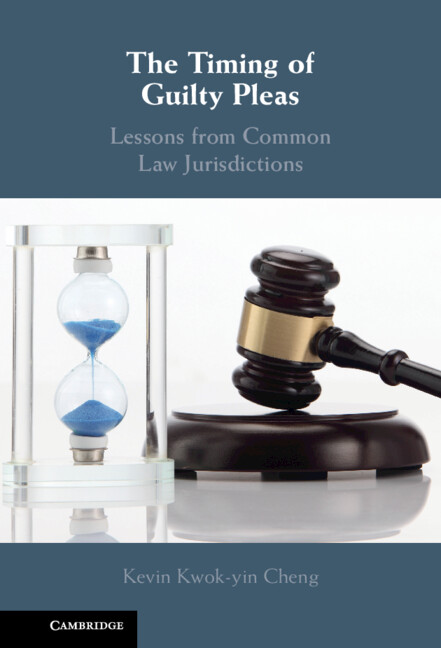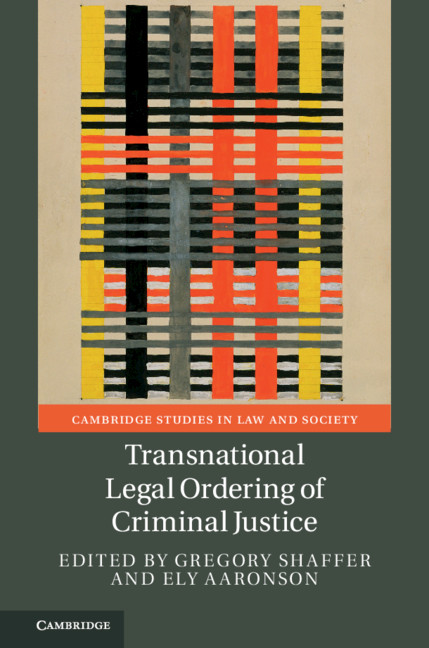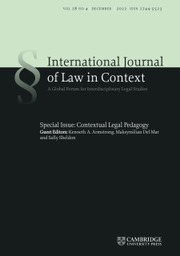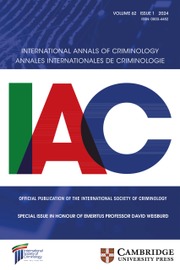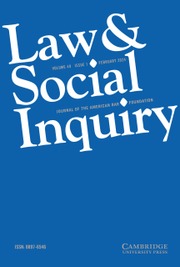The Timing of Guilty Pleas
While guilty pleas are the primary mode of criminal case dispositions across different legal jurisdictions, this topic remains an understudied area. The assumption is that defendants are 'playing the system' and that a sliding scale of sentence discounts is necessary to encourage early guilty pleas, which offer utilitarian benefits of efficiency. These assumptions lack a solid empirical foundation. This book offers a comprehensive investigation of how the timing of guilty pleas affects various facets of the criminal process, from the factors that affect this timing, to the effects that the sliding scale of sentence discounts have on sentences and public opinions about them. It also draws comparisons between Western and Asian legal systems, specifically those of England and Wales and Hong Kong. This book is addressed to scholars, legal practitioners, policymakers and those interested in criminal justice, socio-legal studies and empirical legal research.�
- focuses on the timing of guilty pleas as the central issue in plea bargaining
- compares developments across different common law jurisdictions in the West and Asia
- presents findings from new statistical analyses conducted for the Crown Court Sentencing Survey and an original dataset of the Hong Kong District Court
Reviews & endorsements
‘Almost all jurisdictions impose more lenient sentences on defendants who plead guilty. This volume provides a thoughtful analysis of plea-based sentencing discounts. Drawing on new secondary research, the author explores the issue in Hong Kong and elsewhere. He raises important questions about current practice and the volume will interest readers in all common law jurisdictions.' Julian Roberts, Professor of Criminology, University of Oxford and Executive Director, Sentencing Academy, London
‘Although the focus of research attention for over half a century and recognised as a global phenomenon, relatively little has been written about Hong Kong practices until now. Using empirical evidence, Cheng presents powerful arguments around the timing of guilty pleas and the impact of pre-trial processes on sentencing outcomes.' Jacqueline Hodgson, Professor of Law and Deputy Pro Vice Chancellor (Research), University of Warwick
‘The Timing of Guilty Pleas represents an outstanding contribution to the international literature not only on guilty pleas, plea bargaining but on criminal justice process more generally. Clearly structured with a thought-provoking and critical edge, it offers invaluable knowledge and guidance to scholars, students, as well as policy officials and practitioners across the world.' Cyrus Tata, Ph.D., FRSA, Professor of Law and Criminal Justice, University of Strathclyde, Scotland
‘A timely, compelling, and richly sourced scrutiny of this salient issue.’ Enshen Li, Asian Journal of Comparative Law
Product details
December 2022Adobe eBook Reader
9781009182744
0 pages
This ISBN is for an eBook version which is distributed on our behalf by a third party.
Table of Contents
- 1. Introduction: the history of the problem of 'Cracked Trials'
- 2. The sliding scale of sentence discounts
- 3. Implicit (and explicit) plea bargaining
- 4. Revisiting the assumptions and methodology
- 5. Factors affecting the timing of guilty pleas
- 6. Trial and late-plea penalties
- 7. Consistency in applying sentence discounts
- 8. Public opinion and sentence discounts
- 9. Conclusion
- Index.

